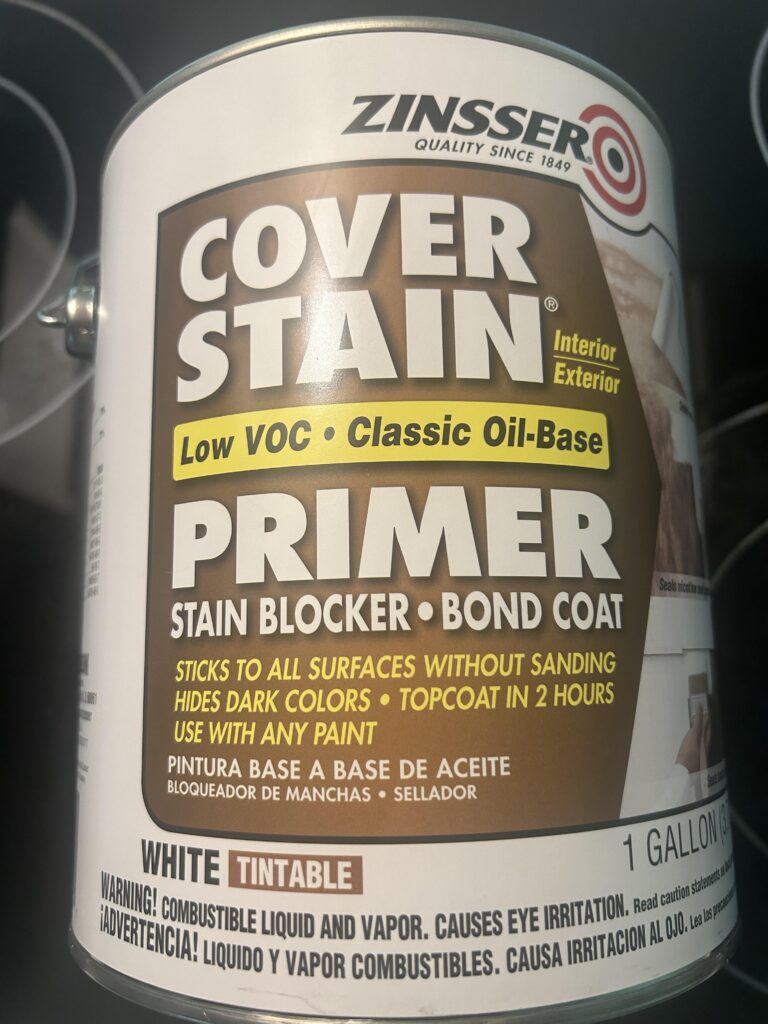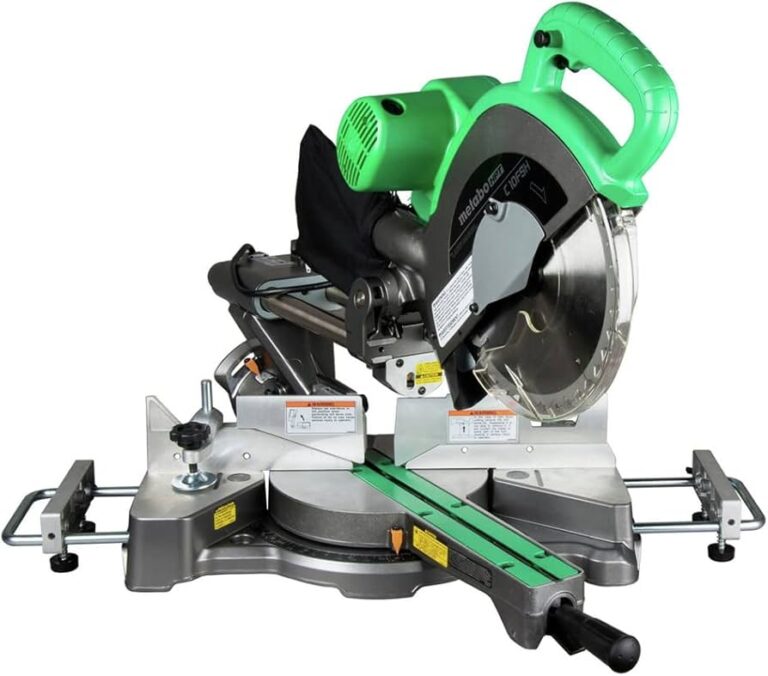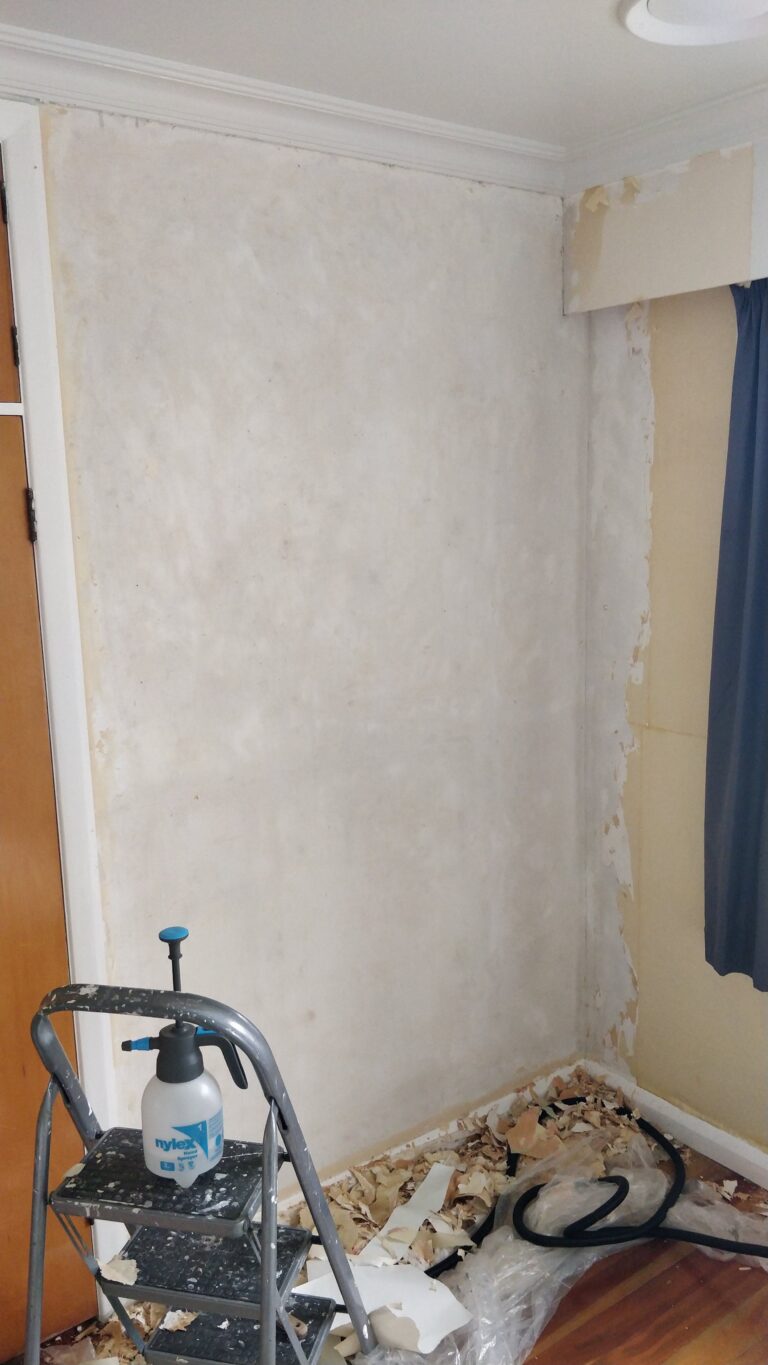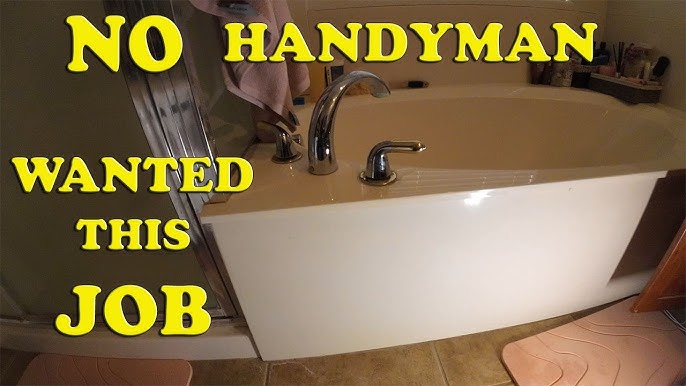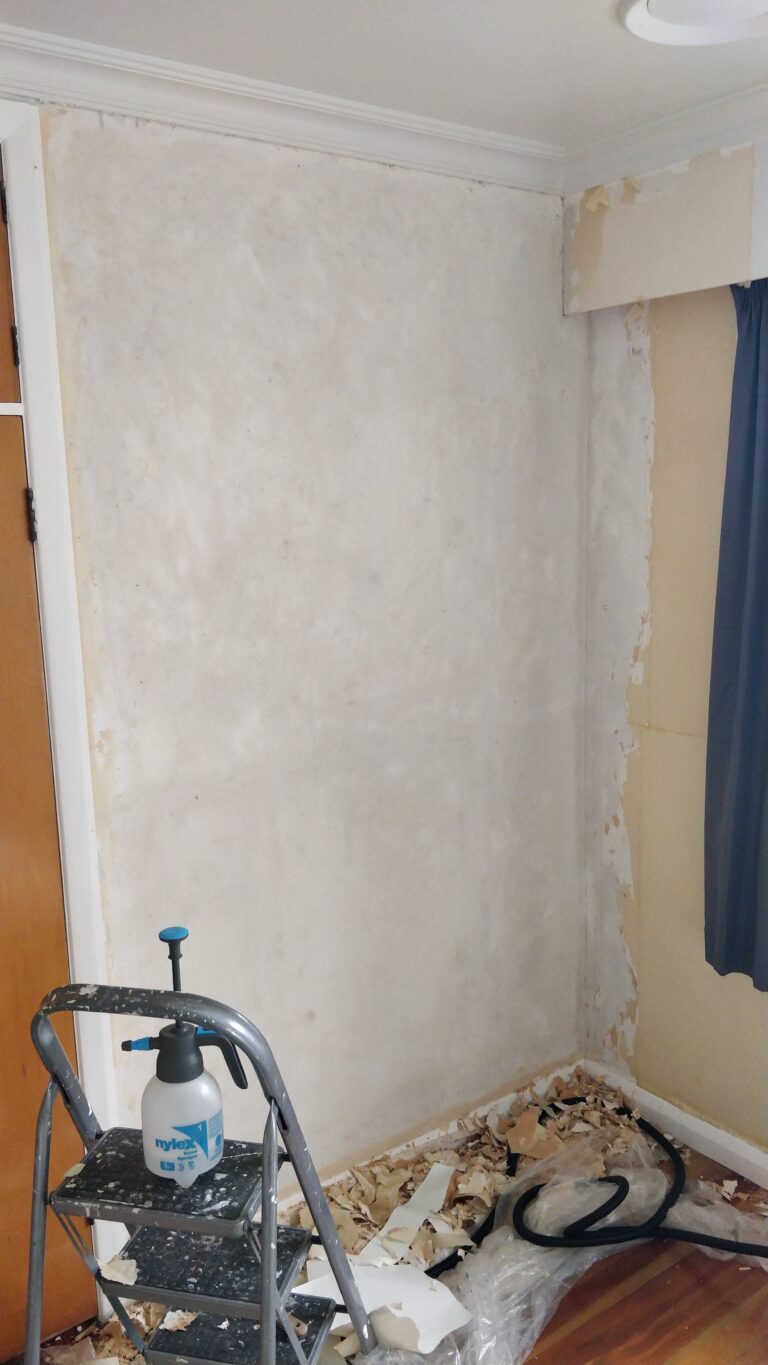Can PVC Be Used Between Cast Iron Sewer Pipes in MA Repairs?
Yes, PVC can be used between two pieces of cast iron sewer pipe in Massachusetts. It is a common practice during sewer pipe repairs.
But, there are important factors to consider. Repairing sewer pipes is a challenging task. In Massachusetts, the use of PVC in repairs is allowed, but you need to follow specific guidelines. PVC is often preferred due to its durability and ease of installation.
Yet, not every situation suits PVC. The choice depends on the condition of the existing pipes and local regulations. This blog will explore the advantages and challenges of using PVC between cast iron pipes. We will also cover the necessary steps to ensure a successful repair. Understanding these factors is crucial for a long-lasting solution.

Credit: www.amazon.com
Pvc And Cast Iron Sewer Pipes
When it comes to repairing sewer pipes in Massachusetts, one common question is whether PVC can be used between two pieces of cast iron sewer pipes. The answer is a resounding yes, but it’s important to understand the properties and common uses of both materials to make the best decision for your repair project. Let’s dive into the details.
Differences In Material
Cast iron and PVC are two very different materials, each with their own set of advantages and disadvantages. Cast iron is known for its durability and strength. It can withstand heavy loads and has a long lifespan, often lasting up to 100 years. However, it’s also heavy and can be prone to rust over time.
On the other hand, PVC (polyvinyl chloride) is a type of plastic that’s lightweight, easy to install, and resistant to corrosion and chemical damage. It’s also much cheaper than cast iron, making it a popular choice for many modern plumbing projects.
| Feature | Cast Iron | PVC |
|---|---|---|
| Durability | Very durable, up to 100 years | Durable, but not as long-lasting as cast iron |
| Weight | Heavy | Lightweight |
| Corrosion Resistance | Prone to rust | Highly resistant |
| Cost | Expensive | Affordable |
Common Uses
Cast iron pipes are often used in old buildings, and they’re still the material of choice for certain high-pressure applications. They’re great for reducing noise, which is why you’ll often find them in multi-story buildings where sound insulation is important.
PVC pipes, on the other hand, are the go-to for most residential plumbing projects these days. They’re easy to work with and can be cut and joined with minimal effort. Plus, if you ever need to replace a section of pipe, PVC is much easier to handle than heavy cast iron.
- Cast Iron: Ideal for high-pressure applications, noise reduction, and long-lasting installations.
- PVC: Perfect for residential plumbing, easy repairs, and budget-friendly projects.
In Massachusetts, when repairing a sewer pipe, you can definitely use PVC between two pieces of cast iron. It provides a good balance of durability, ease of installation, and cost-effectiveness. Just make sure to use proper connectors and fittings to ensure a secure and leak-proof joint.
So, whether you’re a seasoned plumber or a DIY enthusiast, understanding the differences between PVC and cast iron can help you make an informed decision. And remember, when in doubt, it’s always a good idea to consult with a professional to ensure your plumbing project is a success.
Pvc For Sewer Pipe Repairs
When it comes to repairing sewer pipes, especially in Massachusetts, many homeowners and plumbers wonder if they can use PVC between two pieces of cast iron sewer pipe. The simple answer is yes, but there are important considerations to keep in mind. In this section, we will explore the benefits and challenges of using PVC for sewer pipe repairs.
Benefits Of Pvc
PVC, or polyvinyl chloride, has become a popular choice for sewer pipe repairs due to several advantages:
- Cost-effective: PVC is generally less expensive than cast iron, making it a budget-friendly option.
- Lightweight: PVC pipes are much lighter than cast iron pipes, which makes them easier to handle and install.
- Corrosion-resistant: Unlike cast iron, PVC does not rust or corrode, ensuring a longer lifespan for the repaired section.
- Flexibility: PVC is flexible and can handle slight ground movements without cracking, which is particularly useful in areas with shifting soils.
- Smooth interior: The smooth interior of PVC pipes reduces the chances of blockages and improves the flow of wastewater.
Challenges With Pvc
While PVC offers many benefits, it also comes with its own set of challenges:
- Connection issues: Joining PVC to cast iron can be tricky. Special adapters or couplings are needed to ensure a secure and leak-free connection.
- Temperature sensitivity: PVC can become brittle in extremely cold temperatures, which might be a concern in Massachusetts during the winter months.
- Code compliance: Local building codes might have specific requirements for sewer pipe repairs. It’s essential to check with local authorities to ensure compliance when using PVC.
- Noise: PVC pipes can be noisier than cast iron, especially when water flows through them. This might be a minor annoyance in residential settings.
Despite these challenges, PVC remains a popular choice for sewer pipe repairs due to its numerous advantages. By understanding both the benefits and the challenges, homeowners and plumbers can make informed decisions when it comes to repairing sewer pipes in Massachusetts.
Ma Plumbing Codes
The Massachusetts Plumbing Code regulates plumbing installations and repairs to ensure safety. Understanding these codes is crucial when repairing sewer pipes. The use of PVC between two pieces of cast iron sewer pipe is a common concern. Here, we will explore the regulations and compliance requirements.
Regulations For Sewer Pipes
Massachusetts has specific rules for sewer pipe materials. PVC and cast iron are both approved materials. However, combining them requires following certain guidelines. This ensures the integrity of the sewer system. Properly connecting different materials prevents leaks and breaks.
Compliance Requirements
Using PVC between cast iron pipes requires special fittings. These fittings must meet the Massachusetts Plumbing Code. Flexible rubber couplings are often used. They allow for a secure and tight connection. Ensure the fittings are up to code. This will prevent future issues with the sewer line.
Licensed plumbers should perform these repairs. They are familiar with the local codes. They ensure the work is compliant. This safeguards the integrity of your plumbing system. It also helps avoid potential fines or penalties.
Connecting Pvc To Cast Iron
Connecting PVC to cast iron sewer pipes is a common repair task in Massachusetts. This process involves joining two different materials, which requires specific tools and techniques. It’s important to ensure a secure and leak-proof connection. This guide will walk you through the necessary steps to connect PVC to cast iron pipes effectively.
Necessary Tools
Before starting, gather all the necessary tools. You will need:
- Hacksaw or reciprocating saw
- Measuring tape
- Rubber couplings
- Screwdriver
- PVC pipe
- Cast iron pipe
- Pipe cleaner
Step-by-step Guide
Follow these steps to connect PVC to cast iron pipes:
- Measure the length of the damaged cast iron pipe.
- Cut out the damaged section using a hacksaw or reciprocating saw.
- Clean the ends of the remaining cast iron pipes with a pipe cleaner.
- Cut the PVC pipe to match the length of the removed section.
- Fit rubber couplings over the ends of the cast iron pipes.
- Insert the PVC pipe between the cast iron pipes, ensuring it fits snugly.
- Tighten the clamps on the rubber couplings using a screwdriver.
- Check for any leaks by running water through the pipes.
By following these steps, you can ensure a strong and reliable connection between PVC and cast iron sewer pipes.
Advantages Of Using Pvc
When repairing a sewer pipe, especially in a place like Massachusetts, choosing the right material is crucial. One popular option is PVC (Polyvinyl Chloride) pipe. But why choose PVC over other materials, such as cast iron? Let’s dive into the advantages of using PVC for sewer pipe repairs.
Cost Efficiency
One of the main reasons homeowners and contractors opt for PVC is its cost efficiency. Compared to cast iron, PVC is significantly cheaper. This can be a real game-changer when you’re on a tight budget. But how does this translate in real terms?
- Initial Costs: PVC pipes are less expensive to purchase and transport because they are lightweight.
- Installation Costs: Easier and quicker to install, reducing labor costs.
- Maintenance Costs: Lower long-term maintenance costs due to PVC’s resistance to corrosion and leaks.
In short, using PVC can save you money both upfront and in the long run. That’s a win-win situation, don’t you think?
Durability
When it comes to durability, PVC stands tall. Nobody wants to deal with repeated repairs and replacements, right? So, what makes PVC so durable?
- Corrosion Resistance: Unlike cast iron, PVC doesn’t rust or corrode over time. This makes it ideal for sewer systems that are constantly exposed to moisture and chemicals.
- Flexibility: PVC can handle ground movements and vibrations better than rigid cast iron pipes. This reduces the risk of cracks and breaks.
- Longevity: With a lifespan of up to 100 years, PVC pipes are built to last, giving you peace of mind for decades.
Imagine not having to worry about your sewer pipes for the next century! That’s the kind of durability PVC offers.
In conclusion, using PVC between two pieces of cast iron sewer pipe can be a smart choice for those in Massachusetts looking to repair their sewer systems. With its cost efficiency and durability, PVC provides a reliable and economical solution. So, why not give it a try?

Credit: www.reddit.com
Potential Issues
When it comes to repairing sewer pipes in Massachusetts, using PVC between two pieces of cast iron sewer pipe can present several potential issues. Understanding these issues beforehand can save you from future headaches and costly repairs. Let’s delve into some of the primary concerns you might face.
Leak Risks
One of the most significant issues when combining PVC with cast iron is the risk of leaks. Cast iron and PVC expand and contract at different rates due to temperature changes. This difference can create gaps or misalignments over time, leading to leaks. Furthermore, improper sealing techniques or materials can exacerbate this problem, causing wastewater to seep out and potentially damage your property.
For example, during a cold Massachusetts winter, the cast iron might contract more than the PVC. This mismatch can create a small gap at the joint, which can become a major leak over time. To mitigate this, ensure that the transition between materials is properly sealed using a flexible coupling designed for this purpose.
Long-term Maintenance
Combining PVC with cast iron can also complicate long-term maintenance. Cast iron pipes are known for their durability but can rust over time, while PVC is resistant to rust but may become brittle. This difference means that you’ll need to keep an eye on both materials to ensure they remain in good condition.
Regular inspections are crucial. For instance, you might notice a rust spot developing on the cast iron part while the PVC remains intact. Ignoring this could lead to a complete failure of the sewer line. To avoid such issues, consider setting up a maintenance schedule that includes both visual inspections and possibly even professional assessments.
In summary, while using PVC between two pieces of cast iron sewer pipe in Massachusetts is possible, it’s essential to be aware of the potential issues. By understanding the risks and planning for regular maintenance, you can ensure that your sewer system remains functional and efficient for years to come.
Professional Recommendations
PVC can be used to repair sewer pipes in Massachusetts. It connects two pieces of cast iron sewer pipe effectively. This method ensures durability and ease of installation.
When it comes to repairing sewer pipes in Massachusetts, especially those involving cast iron pipes, many homeowners and DIY enthusiasts often wonder if PVC can be used between two pieces of cast iron sewer pipe. To shed light on this, let’s explore some professional recommendations from industry experts.Expert Opinions
According to plumbing experts, using PVC between two pieces of cast iron sewer pipe is generally acceptable. However, it’s essential to follow certain guidelines to ensure a proper and durable connection. One key point to consider is the type of coupling used to join the PVC and cast iron pipes. Experts recommend using no-hub couplings or Fernco couplings. These connectors are specifically designed to join different types of pipes securely, ensuring a tight and leak-proof seal. Moreover, these couplings are flexible, which helps accommodate slight movements or shifts in the pipes without compromising the joint integrity.Best Practices
To achieve the best results when repairing sewer pipes with a combination of PVC and cast iron, follow these best practices: 1. Measure Twice, Cut Once: Ensure accurate measurements of the pipes to avoid gaps or misalignment. 2. Use Proper Tools: Employ the right tools for cutting and fitting the pipes. A pipe cutter or reciprocating saw works best for cast iron, while a PVC cutter is ideal for PVC pipes. 3. Clean the Edges: Clean and deburr the edges of both the PVC and cast iron pipes before joining them. This helps in forming a better seal. 4. Apply Lubricant: Use a suitable pipe lubricant on the coupling to make the installation process smoother and to ensure a snug fit. 5. Check for Leaks: After installation, run water through the pipes to check for leaks. If any leaks are detected, tighten the couplings or re-adjust the pipes as necessary. Here’s a simple table summarizing the recommended coupling types:| Coupling Type | Advantages |
|---|---|
| No-Hub Coupling | Easy to install, provides a strong and durable connection |
| Fernco Coupling | Flexible, accommodates pipe movements, ensures a tight seal |
Case Studies In Ma
Massachusetts is known for its rich history and charming neighborhoods. However, like many places with older infrastructure, it often faces challenges with its sewer systems. One common question is whether PVC can be used between two pieces of cast iron sewer pipe when repairing a sewer pipe. Let’s dive into some real-life examples and see how this has been handled effectively in Massachusetts.
Successful Repairs
In Boston, a historic area with aging sewer systems, a homeowner faced a major sewer line issue. The cast iron pipes installed over 50 years ago had corroded. The plumber decided to use PVC as a replacement between the two sections of cast iron. The result? A sturdy, reliable fix that restored the sewer line’s function.
Similarly, in Worcester, a local business experienced a sewer blockage caused by tree roots infiltrating the cast iron pipes. The repair team opted to replace the damaged section with PVC, which is more resistant to root intrusion. This not only solved the immediate problem but also provided a long-lasting solution.
Lessons Learned
These case studies teach us a few key points:
- Compatibility: PVC can be effectively used with cast iron pipes, provided proper connectors are used.
- Durability: PVC is less prone to corrosion and root invasion compared to cast iron.
- Cost-Effectiveness: PVC is often cheaper and easier to install, reducing repair costs and time.
However, it’s important to ensure that the transition between materials is handled correctly. Improper installation can lead to leaks or further damage. Always consult with a professional plumber who has experience with both cast iron and PVC.
Using PVC between cast iron pipes during sewer repairs in Massachusetts has proven to be a successful strategy. Whether you’re dealing with corroded pipes in Boston or root invasions in Worcester, PVC offers a reliable and cost-effective solution. The key is to ensure proper installation and seek professional advice when needed.
So, next time you’re faced with a sewer repair, consider the benefits of integrating PVC into your cast iron system. It might just save you time, money, and a whole lot of hassle!

Credit: www.reddit.com
Frequently Asked Questions
Can You Replace Cast Iron Drain Pipe With Pvc?
Yes, you can replace cast iron drain pipes with PVC. PVC is durable, lightweight, and resistant to corrosion.
How Much Does It Cost To Replace Cast Iron Sewer Pipe With Pvc?
Replacing cast iron sewer pipes with PVC costs between $3,000 to $6,000. Prices vary based on pipe length and labor rates.
Can I Use Pvc For Sewage Pipe?
Yes, you can use PVC for sewage pipes. It is durable, cost-effective, and resistant to corrosion and chemicals.
Can You Repair A Cast Iron Sewer Pipe?
Yes, you can repair a cast iron sewer pipe. Use pipe lining or pipe bursting methods for effective repair.
Conclusion
Using PVC for repairing cast iron sewer pipes in Massachusetts is possible. It offers a reliable, cost-effective solution. Ensure proper connections and compatible materials to avoid issues. Consulting a professional plumber ensures a correct, long-lasting repair. Safe and efficient, PVC can be a smart choice for your sewer pipe repairs.
Always follow local codes and guidelines to ensure compliance. This can save time and prevent future problems. Proper repair ensures a smooth, trouble-free sewer system for years to come.

My name is Maria, A professional merge game player with years of experience mastering games like Merge Dragons, Merge Gardens, Merge Mansion, and more. My passion for uncovering the best strategies, solving tricky puzzles, and discovering hidden secrets led her to create MergeGameplay.com.

